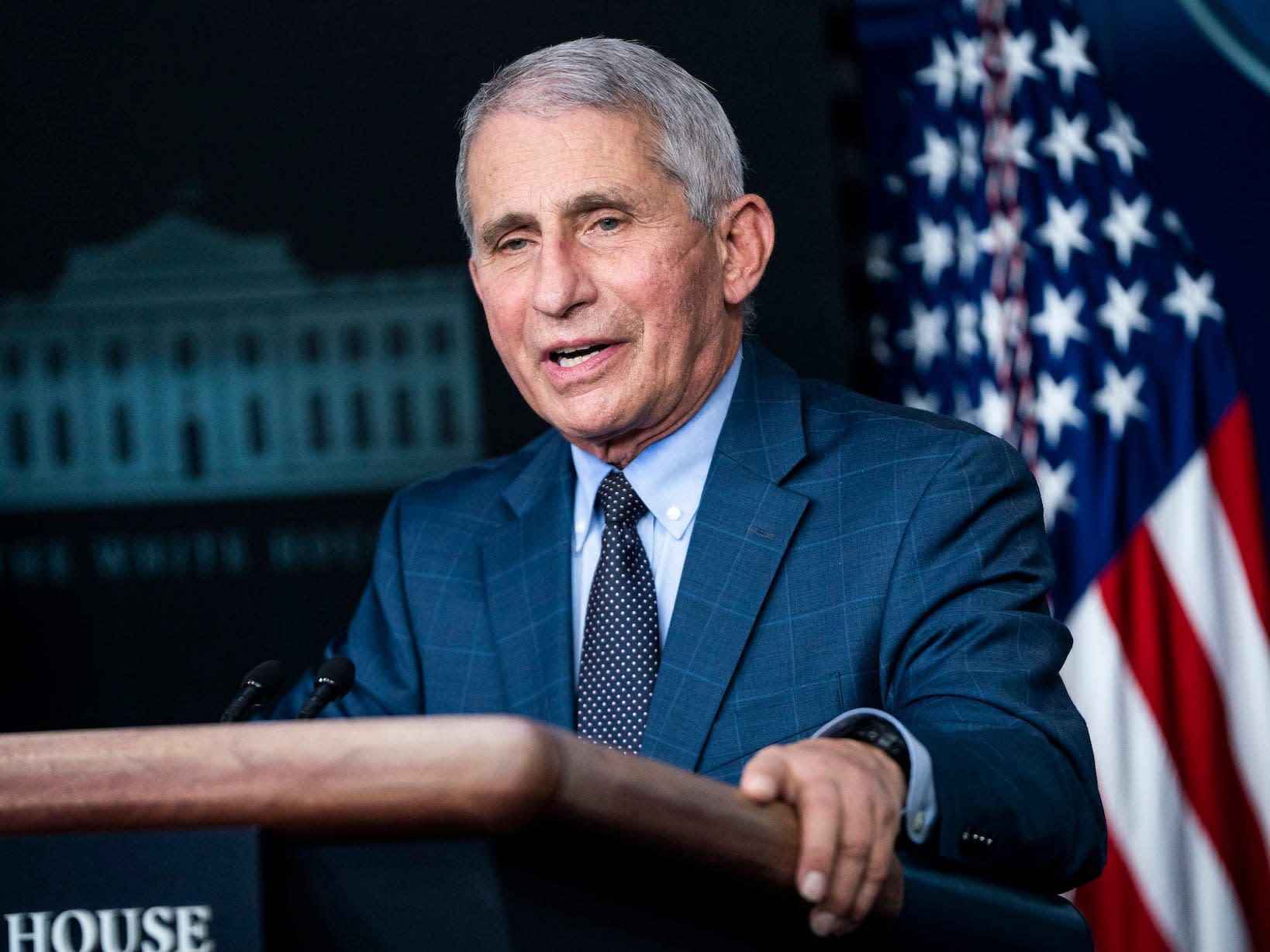- Home
- Forums
- Groups
- Maps
- Resources
- We Have / We Need
- Cholera
- Water Filtration - Homemade ORS
- CTC - Development and Operation
- Cholera - Clinical Presentation and Management
- Cholera Kit - Medical Supplies Guidelines
- Haiti Cholera Training Materials
- Origins of Epidemic
- Posters - Clinical Presentation and Management
- Video - The Story of Cholera - Andeyo Version
- Video - The Story of Cholera - English
- Video - The Story of Cholera - Haitian Creole
- Archive
You are here
Studies: COVID-19 vaccines may stop spread of the virus as well as protecting recipient
Primary tabs
Thu, 2021-02-18 10:08 — mike kraft
 Fauci: There's evidence COVID-19 vaccines don't just protect you - they may stop you from spreading the virus to others, too Early data suggests people who get vaccinated have a lower risk of passing COVID-19 along to others, even if they get sick. YahooNews
Fauci: There's evidence COVID-19 vaccines don't just protect you - they may stop you from spreading the virus to others, too Early data suggests people who get vaccinated have a lower risk of passing COVID-19 along to others, even if they get sick. YahooNews
 Fauci: There's evidence COVID-19 vaccines don't just protect you - they may stop you from spreading the virus to others, too Early data suggests people who get vaccinated have a lower risk of passing COVID-19 along to others, even if they get sick. YahooNews
Fauci: There's evidence COVID-19 vaccines don't just protect you - they may stop you from spreading the virus to others, too Early data suggests people who get vaccinated have a lower risk of passing COVID-19 along to others, even if they get sick. YahooNews Dr. Anthony Fauci says there's new evidence that a COVID-19 vaccine may not just protect the people who get it but also shield others whom they come in contact with.
"There have been some studies that are pointing into a very favorable direction," Fauci, the director of the National Institute for Allergy and Infectious Diseases, said on Wednesday during a White House COVID-19 briefing.
While he said more conclusive research was still needed, the doctor pointed to two studies out this month.
Taken together, they are some of the earliest evidence we have that even if vaccinated people do get sick with COVID-19 - in what's called a "breakthrough" infection - the chances that they will then transmit their illness to others are far lower than if they had remained unvaccinated.
The No. 1 "looming question," Fauci said, is: "Does vaccine prevent transmission?"
These two studies are early signs pointing toward a "yes."
The first piece of evidence, a peer-reviewed study published in The Lancet earlier this month, suggests that people who are infected with COVID-19 but have lower viral loads in the back of their nose and throat are much less likely to infect others.
In the study, conducted in Spain during March and April, scientists measured how much virus 314 coronavirus patients had during their infections by swabbing way up inside their noses (nasopharynx) and measuring their viral loads.
Then they looked at which of those patients transmitted the coronavirus to someone else. ...
The second study, which came out last week and has not yet been peer-reviewed, suggested that people who were vaccinated in Israel had "significantly reduced" viral loads if they got sick, starting at least 12 days after full vaccination.
Taken together, these two studies suggest that:
-
Vaccinated people tend to have lower viral loads.
-
Lower viral loads are linked to less viral spread. ...
Country / Region Tags:
Problem, Solution, SitRep, or ?:
Groups this Group Post belongs to:
- Private group -



Recent Comments